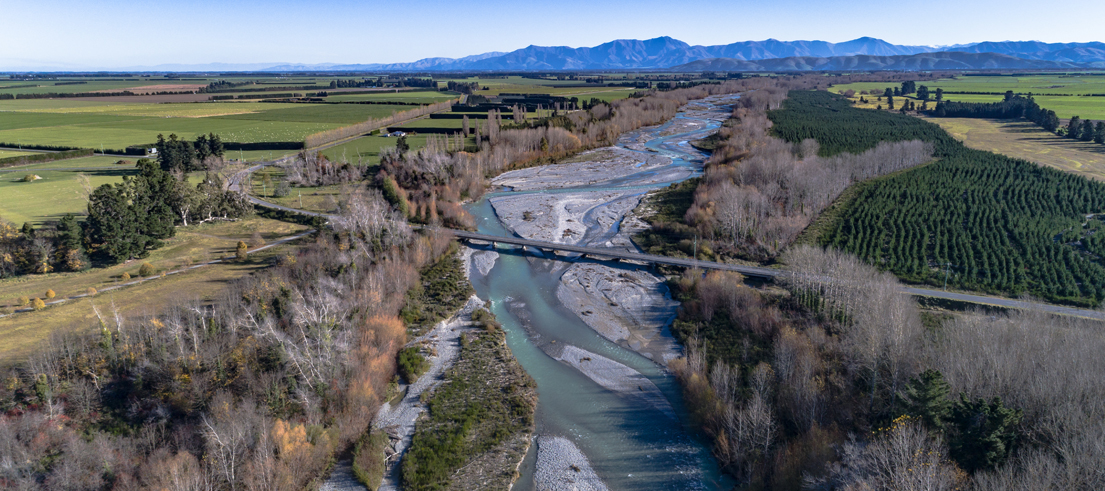
Hakatere/Ashburton River consents review
Environment Canterbury is reviewing about 90 consents in the Hakatere/Ashburton River catchment to help achieve the community’s vision for the river.
We appreciate that the river is precious to the local community and many people will be wondering why we’re reviewing these consents and what it means for river users.
We know the river is an important habitat for many rare birds, fish, and other species. It also provides recreational opportunities and delivers social, cultural, health and economic benefits to local people. We know from the work the Ashburton water zone committee has done with the community that protecting and enhancing these values is a priority.
Currently, many consents to take water from the Hakatere/Ashburton River catchment do not comply with the rules in the Canterbury Land and Water Regional Plan (LWRP) and technical modelling shows environmental benefits will only occur if the Plan’s minimum flows are applied to all consents that take water from the river. To be clear, instigating these minimum flows won’t increase the overall river flow year-round, rather it’ll create a trigger point that if the river falls below then consent holders won’t be able to take more water.
From a planning perspective
The LWRP includes a sub-regional section for the Ashburton Water Zone (Section 13) which sets minimum flows for the catchment. However, these minimum flows don’t automatically apply to existing resource consents. They can only be applied when a resource consent expires and is replaced, when a new consent is sought, or through a consent review. If we waited for the consents to expire then it would be another 20 years at least until all the consents are aligned with the LWRP minimum flows. Likewise, while we’ve got a Plan, we need the consents to change in order to achieve the outcomes of it – which is something we’ve heard loudly from the community.
Environmental benefits
There are considerable environmental benefits that will be gained from implementing the LWRP minimum flows by 2023. However, it will mean that affected consent holders will be required to stop taking water when the minimum flows are reached, so it may mean they are on restriction more frequently and for longer periods of time.
